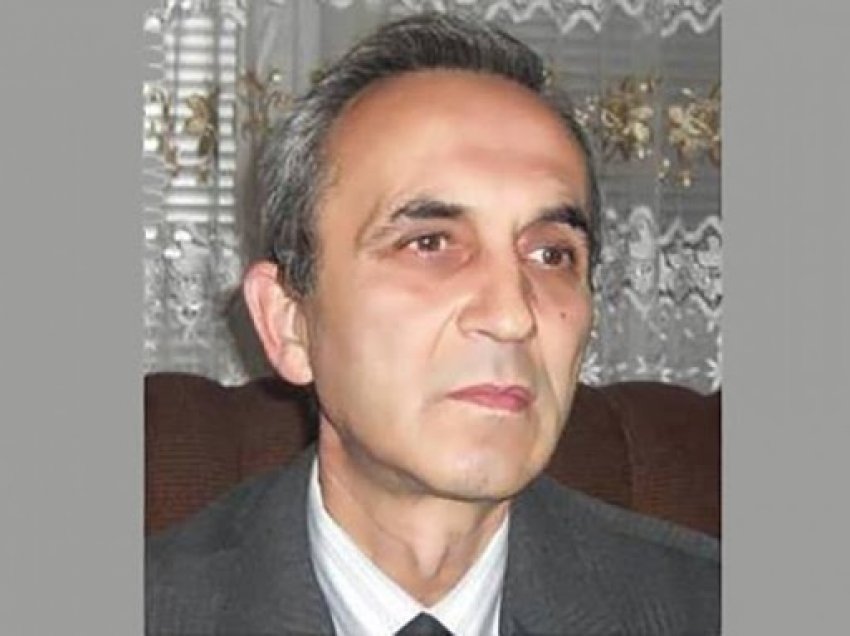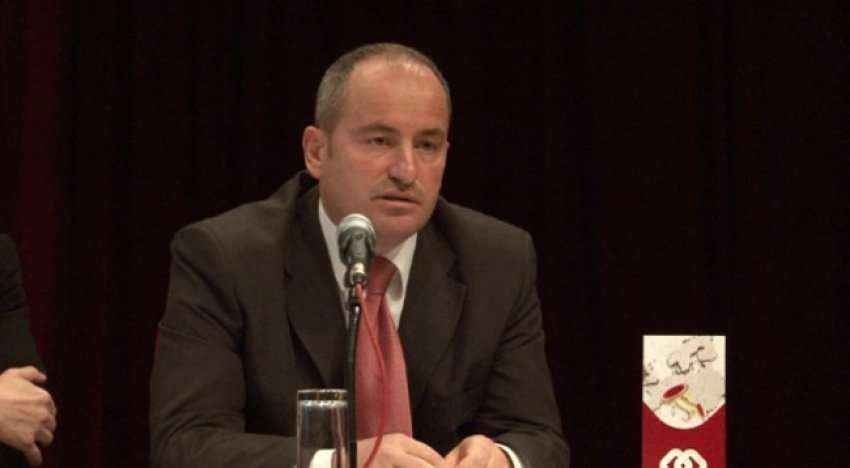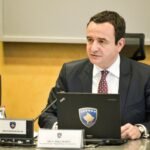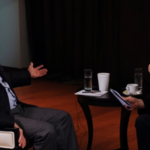German Chancellor Olaf Scholz visited Belgrade last Friday.
The visit was prompted by the signing of an agreement between the European Union and Serbia.
This agreement was for a strategic partnership in the fields of sustainable raw materials, battery production, and electric vehicles.
The agreement followed the decision by Serbian authorities to advance the lithium mining project, which is expected to fulfill a part of Europe’s demand for this product.
However, what drew attention was the coldness between Scholz and Vučić.
In a joint press conference with Serbian President Aleksandar Vučić on Friday in Belgrade, German Chancellor Olaf Scholz said he discussed the issue of Kosovo with the Serbian president.
“We talked about normalizing relations with Kosovo, and this is very important,” Scholz emphasized.
“There, we have reached agreements, we have agreed and defined the goals, which the parties must implement, and I want to emphasize that we will do everything we can to ensure that each party contributes and fulfills its commitment so that the shared European perspective, namely integration into the European Union, can be achieved,” the German Chancellor underscored.
Mehazi: Scholz’s statement provoked Kosovo and Serbia.

On this topic, Professor Sulejman Mehazi spoke to “Bota Sot.”
He stated that Scholz’s statement is a repetition of what Europeans have continuously been doing.
According to him, this statement by the Chancellor may also be meant to provoke the parties.
“German Chancellor Olaf Scholz’s statement at the joint conference with Serbian President Aleksandar Vučić in Belgrade regarding Kosovo is a repeated declaration of EU diplomats who come and go to Serbia and Kosovo, repeating the parroted sayings; ‘that they are for an agreement as quickly as possible,’ which in the political figures’ vocabulary means disagreement, ten-year inactivity of Germany and the EU in resolving the issue between the two neighboring states Kosovo-Serbia forces us to think that the German Chancellor’s statement is cynical and ironic just to provoke the parties, Vučić and Kurti,” he said.
The professor further expressed skepticism about the dialogue, highlighting two directions Kosovo and Serbia may face.
“Scholz’s statements regarding the Kosovo-Serbia dialogue: ‘that we want to do everything possible for this to be achieved as quickly as possible, to move forward,’ can be analyzed in two directions: one, that the mutual recognition of the two states should happen as quickly as possible before the Russian war spreads to the Western Balkans, two, if peaceful dialogue is lacking, then these two states should prepare for war against each other as quickly as possible,” Mehazi told “Bota Sot.”
Duhanaj: I do not believe there will be any rapid progress in the dialogue

Meanwhile, political analyst Leon Duhanaj, in a conversation with “Bota Sot,” also expressed skepticism about progress in the dialogue, as he believes Kosovo is not being treated properly even by international actors.
“As for the joint conference Scholz – Vučić, I think the discussion about the negotiations between Kosovo and Serbia has had an insignificant role, if it was discussed at all? Their meeting was entirely focused on mutual economic interests, which was realized through the agreement. Naturally, the topic of Kosovo is addressed at least in the press conference, but I don’t believe it was much more than that. Time has taught us that the longer the ‘status quo’ situation lasts for Kosovo, the more ground it loses,” said the analyst.
Furthermore, he emphasizes that there can be no progress in the dialogue.
“I do not believe there will be any rapid progress in the dialogue. Moreover, I do not believe that the situation for Kosovo will improve in it. We must be thankful for the sacrifice of the KLA for freedom and the political wisdom at that time to be a serious partner by securing the help of civilized nations to gain freedom and independence,” concluded Duhanaj for “Bota Sot.”







